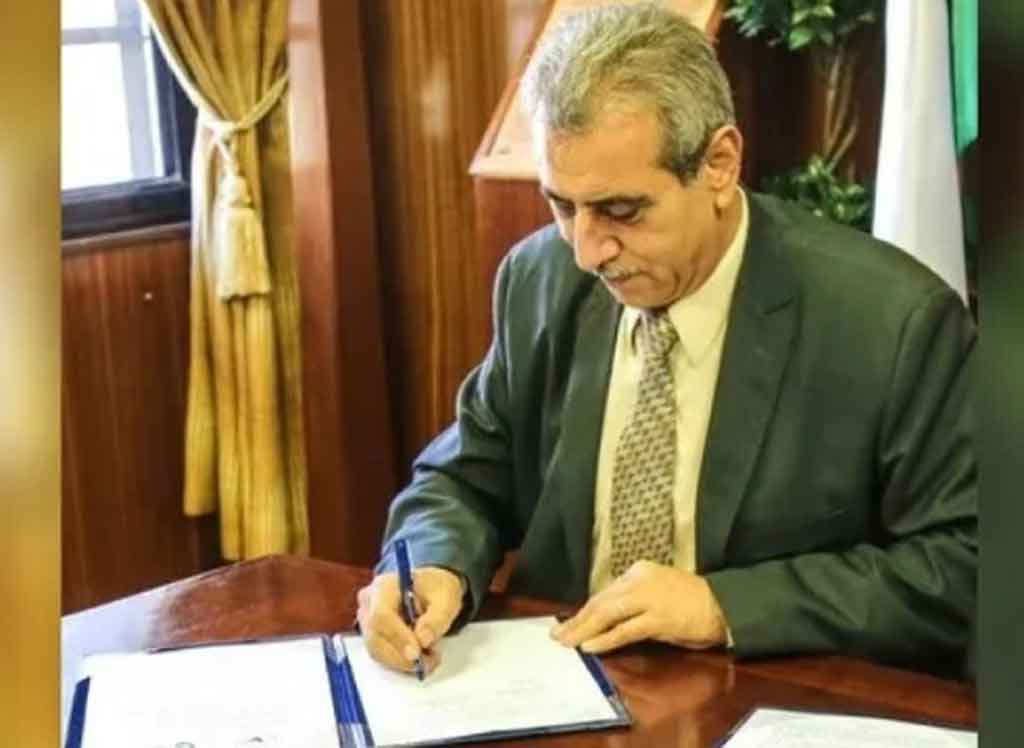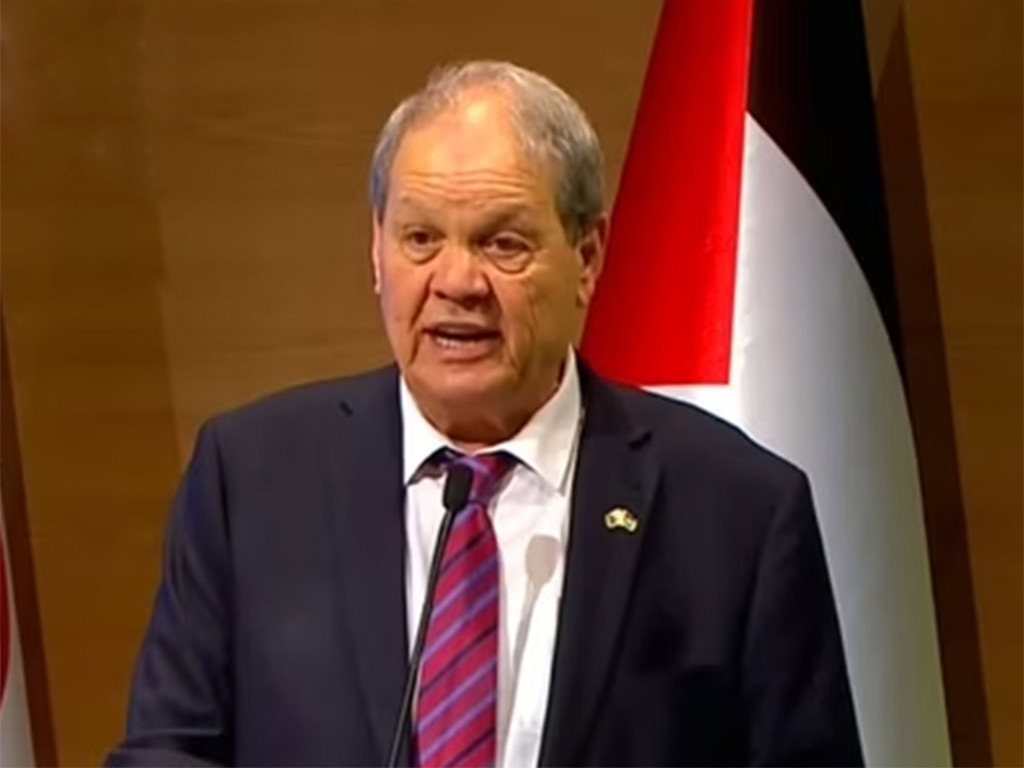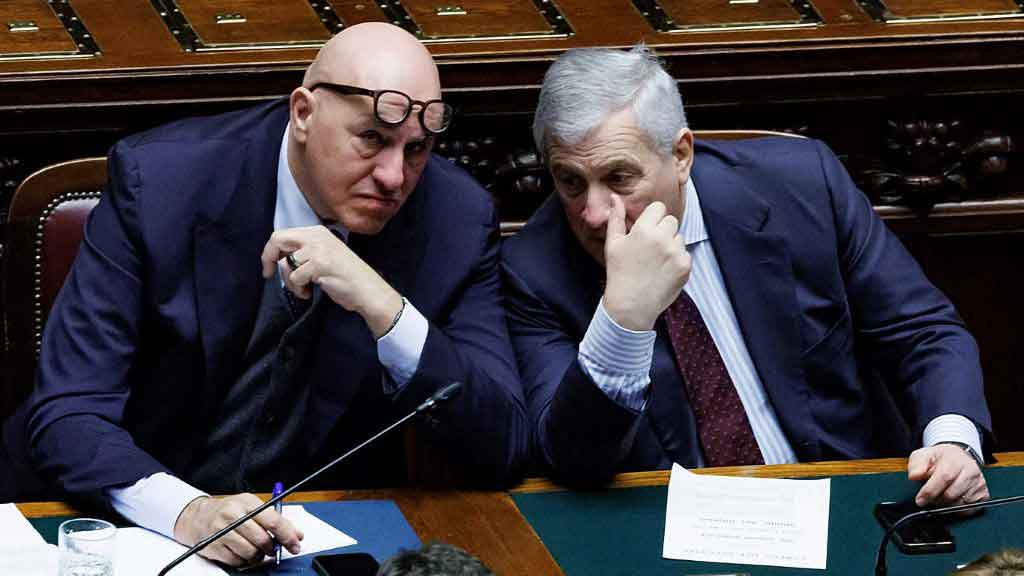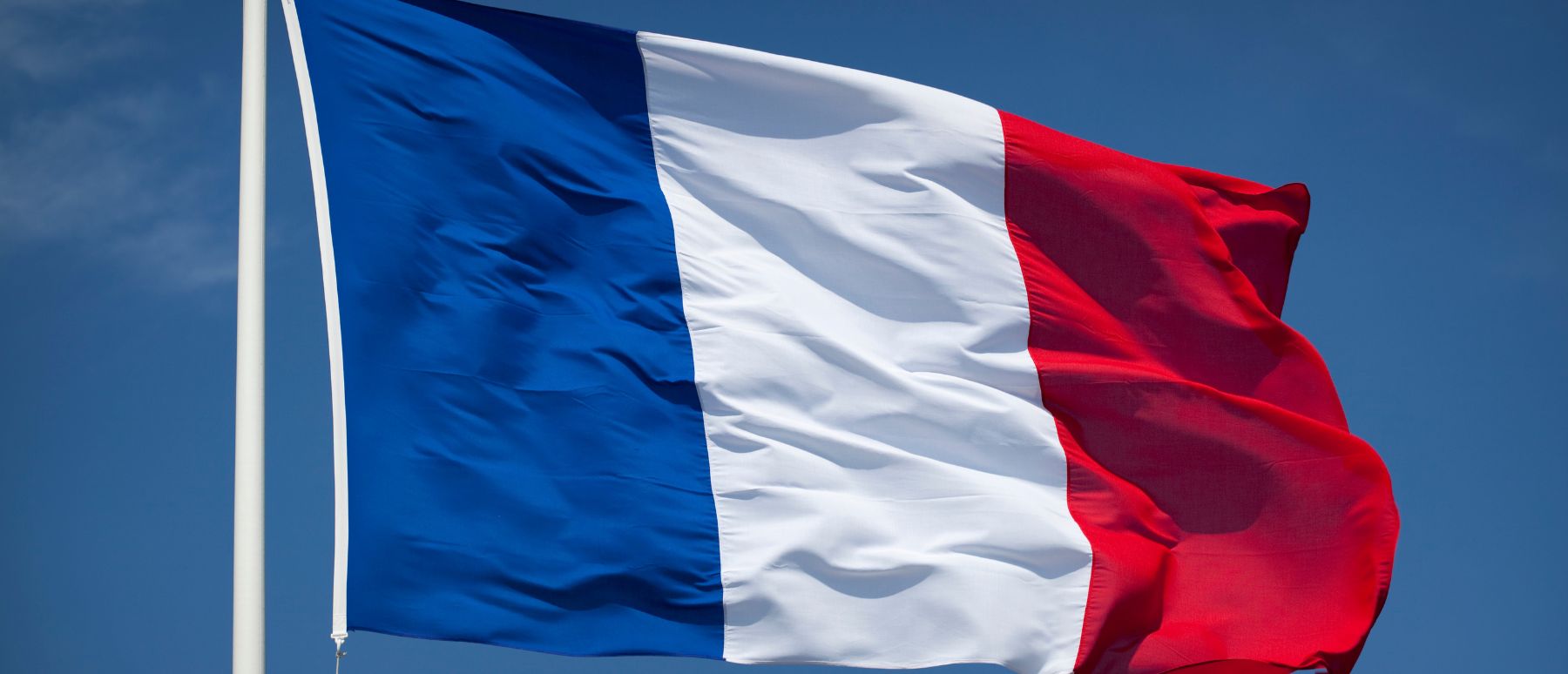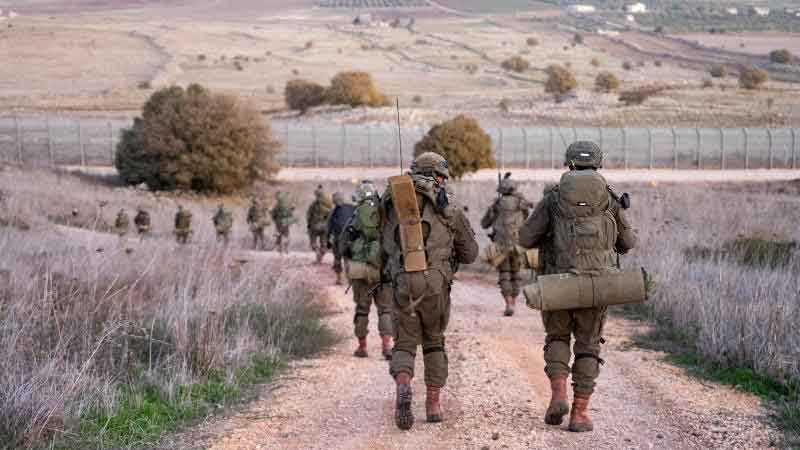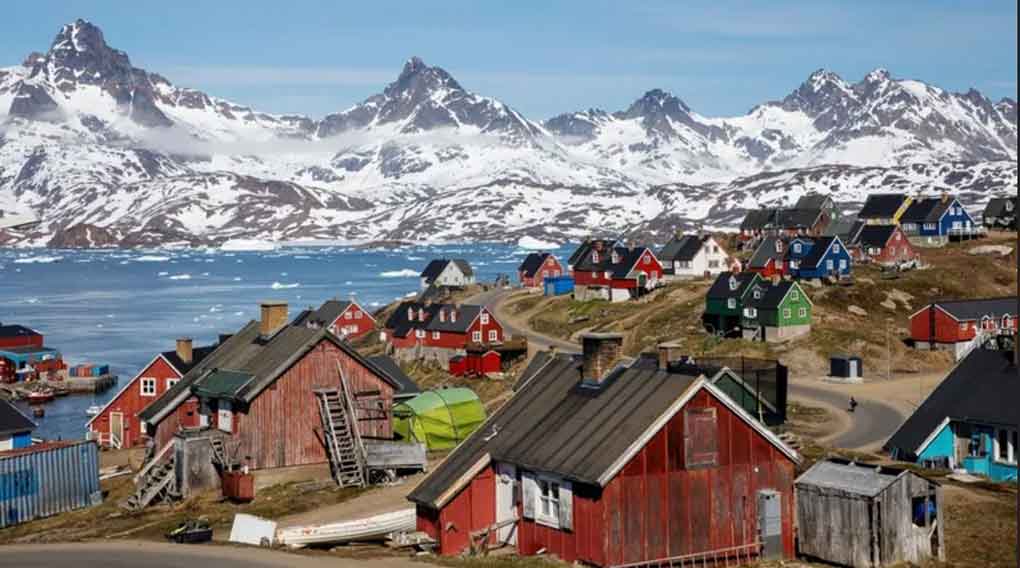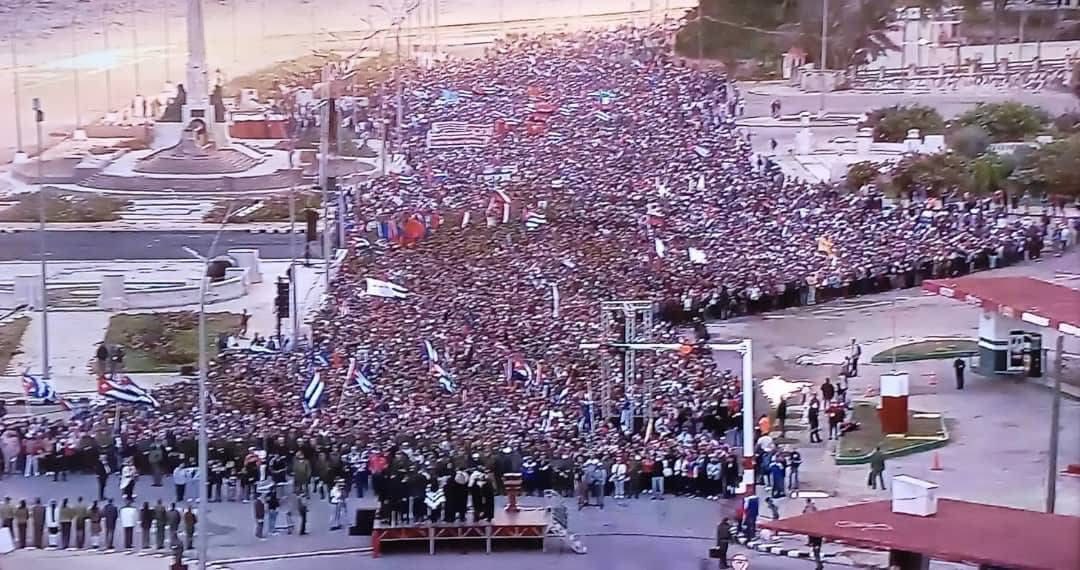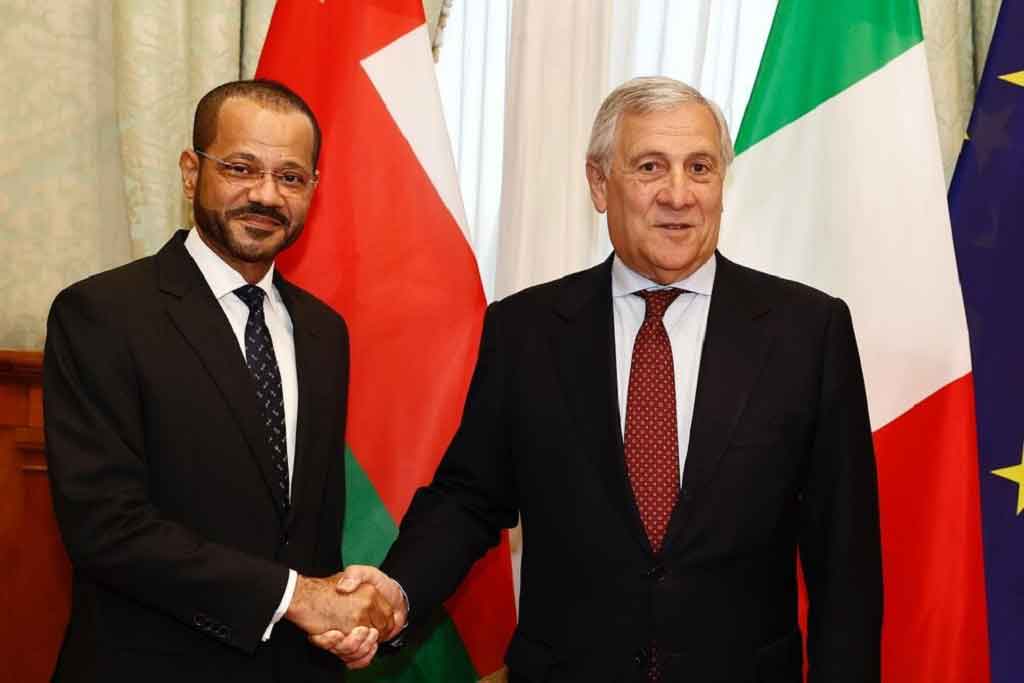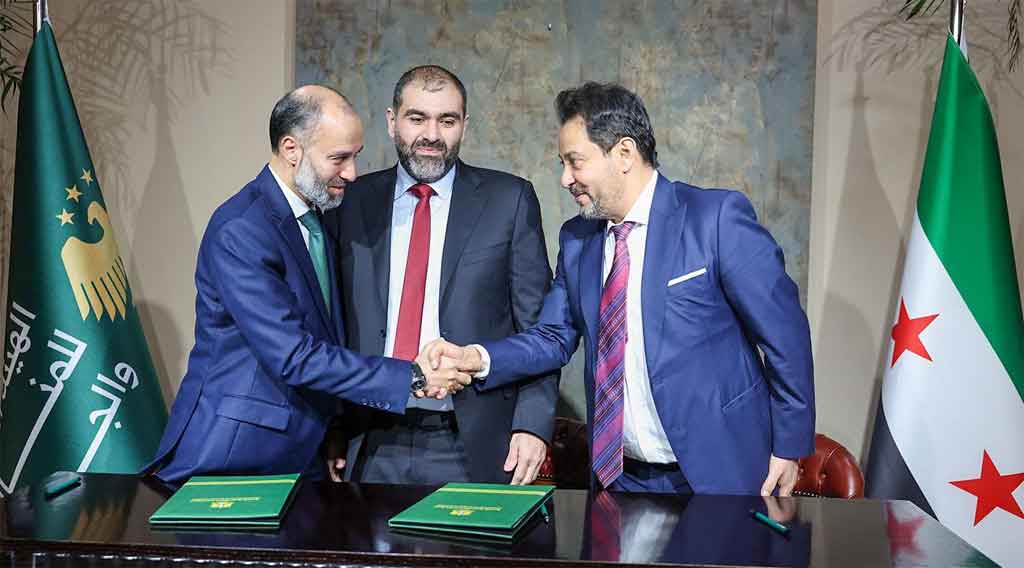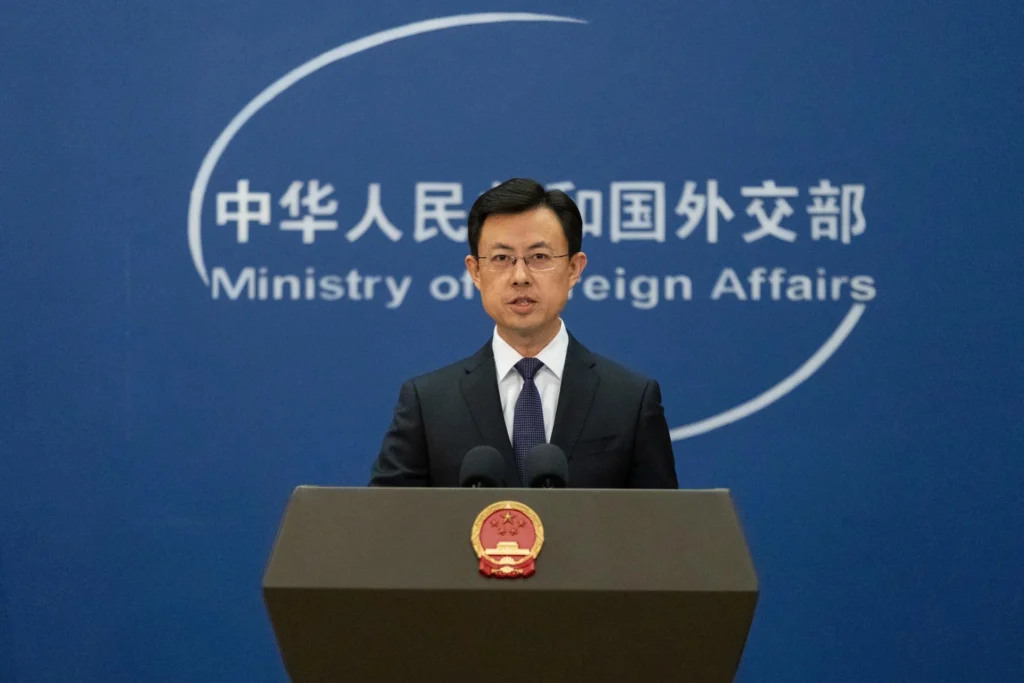In a significant political transition for the Gaza Strip, a newly established committee of Palestinian technocrats has commenced its governance duties, marking the imminent dissolution of the Hamas-led administration. Nabil Shaath, a prominent figure in this transition, outlined the government’s strategic vision during an exclusive interview with Cairo News Channel from the Egyptian capital.
Shaath detailed that the foundational blueprint for Gaza’s recovery is the comprehensive Egyptian reconstruction project, which received formal approval at an Arab summit convened last year. He emphasized the committee’s legitimate mandate, stating, ‘Our committee is entirely Palestinian, elected by its people and its national forces with the primary objective of achieving a decent life for the populace as rapidly as possible.’
A central pillar of the new governance framework is the establishment of lasting peace. Shaath explicitly articulated this commitment, noting, ‘We are profoundly interested in implementing measures that ensure wars do not return to the Gaza Strip or the wider Arab region.’ This objective is deemed critical given the extensive human cost of the recent conflict, which has resulted in the deaths of more than 71,000 Palestinians according to the statements made.
Addressing the profound societal disruption, Shaath affirmed an immediate and critical priority: the return of Gazan children to formal education. He highlighted that these children have endured an two-year interruption in their schooling due to the prolonged war, a situation the new governing body is determined to rectify urgently. This shift in governance represents a pivotal new phase for the territory, focusing on stabilization, large-scale revitalization, and the restoration of normalcy for its inhabitants.
